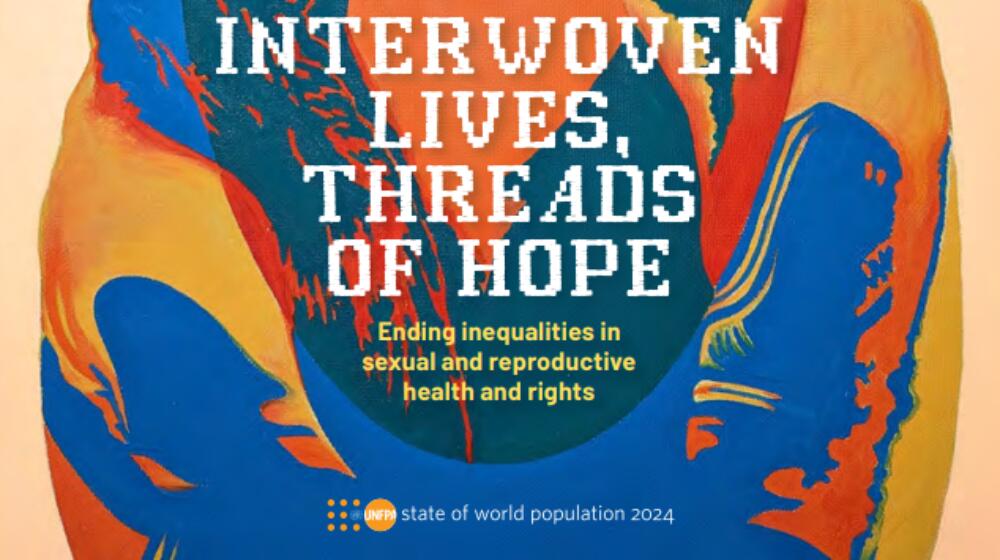Background
Thirty years ago, at the International Conference on Population Development (ICPD), the world agreed to put people at the centre of development – inspiring significant progress in women’s access to reproductive care, reductions in maternal death, and improvements in gender equality. One often unrecognized hero driving these advancements is data, the subject of an entire chapter in the ICPD Programme of Action.
World Population Day 2024 offers countries, societies and policymakers the chance not just to celebrate improvements in information gathering and analysis, but also to ask themselves: Are we asking the right questions? Is our data collection safe for all people? Who is still going uncounted and unaccounted for?
To mark the day on 11th of July 2024 UNFPA Lebanon has developed the below key messages:
- It is only by counting people as they are, in all their diversity, that we will be able to address inequality in health care access, create more inclusive and resilient societies and systems, and to contribute to the creation of a peaceful and prosperous future in which rights and choices can be enjoyed by all.
- Gains towards preventing avoidable maternal deaths should be maintained by ensuring a continuum of high-quality care for mothers and their newborns. This encompasses the enhancement of surveillance mechanisms and the systematic collection of data pertaining to deliveries across various levels of healthcare provision, including secondary, primary, and community settings.
- The provision of high quality sexual and reproductive health (SRH) services is intrinsically intertwined with the availability of data and analysis. This facilitates effective planning and monitoring of services. The endeavors undertaken in this regard are commendable and necessitate the engagement of all key stakeholders to maintain the impetus and contribute to enhanced coordination and data collection on SRH. It is imperative to leverage reliable data to address the needs of underserved populations.
- Despite the existence of a robust Gender-Based Violence Information Management System (GBVIMS) in Lebanon, which is utilized by civil society to standardize data collection and ensure optimal quality, thereby enhancing our comprehension of GBV dynamics and facilitating evidence-based advocacy, there remains a pressing need to bolster the national data collection system and guarantee the availability of prevalence data on violence against women.
- A recent study highlights a critical issue: patriarchal norms often grant men control over registration and access to humanitarian services. This dynamic restricts women’s decision-making power, severely limiting their access to essential services. Empowering women and challenging these norms is vital for equitable access to support and resources.
- Lebanon is experiencing dynamic demographic shifts towards an aging population, with the highest proportion of older people in the Arab region making up 11% of Lebanon’s population with a life expectancy of 78 for men and 82 for women. In line with the National Strategy for Older Persons there is a need of assessing legislation, policies, and financial legislation related to pension policies and current treaties that govern or pertain to the well-being of older people with a view to identifying gaps and integrating aspects relevant to the rights of older persons.
- Given that Lebanon has formally ratified the Convention on the Rights of Persons with Disabilities and subsequently developed its first National Strategy for the Rights and Inclusion of Persons with Disabilities, there exists an urgent need to guarantee the implementation of these commitments. This implementation would facilitate the inclusion of persons with disabilities as active and contributing members of society by ensuring their unfettered access to fundamental services and opportunities, all while adhering to the principles of the human rights approach.


